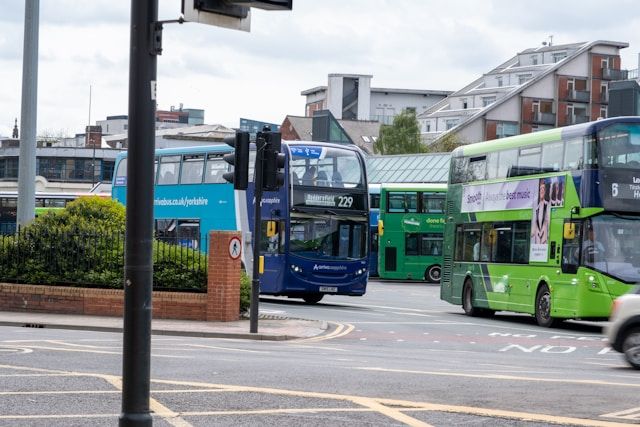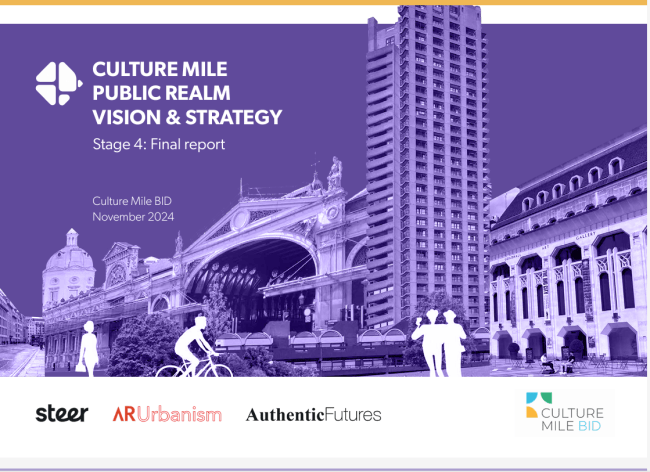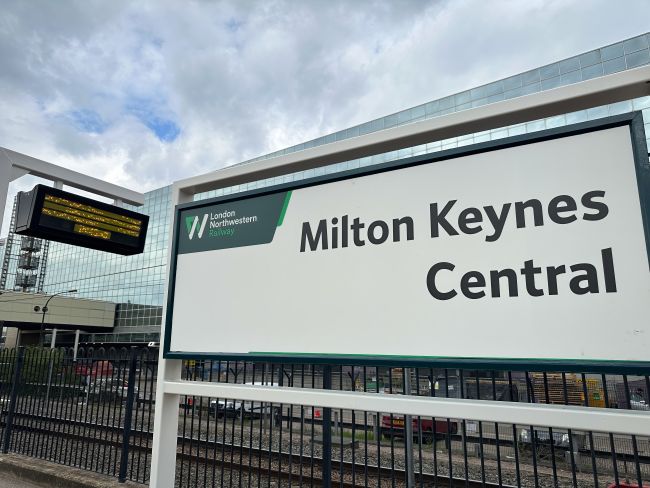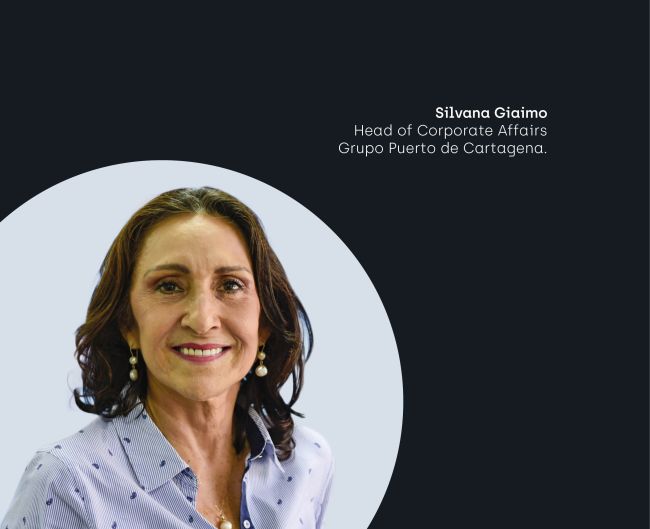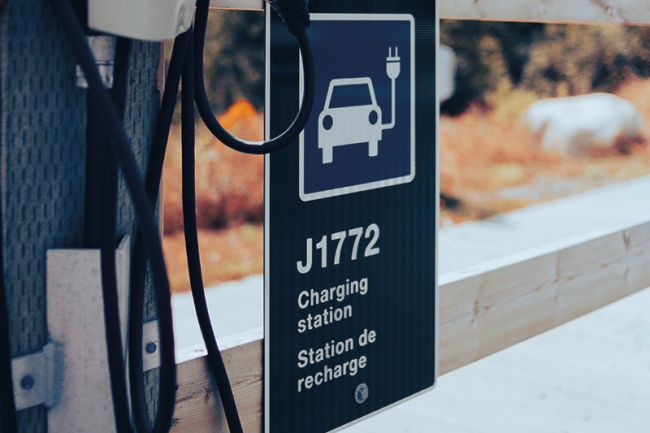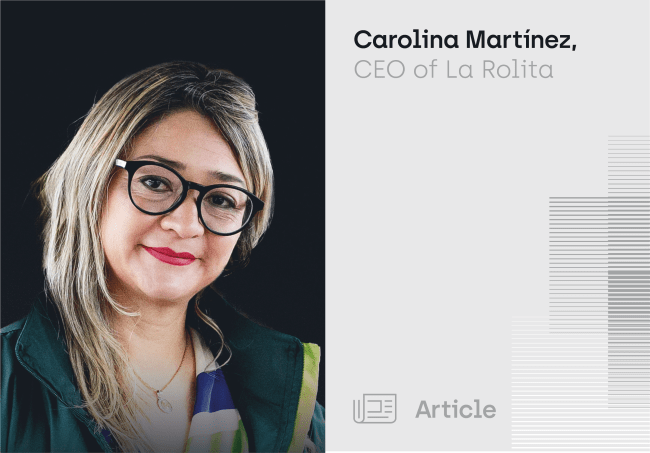Open access on the verge of success?
The EU will liberalise domestic passenger services from December 2020 by permitting “open access” throughout the EU.

The European Union’s first three legislative railway “packages” liberalised international freight from 2006, domestic freight from 2007, and international passenger services from 2010. The fourth railway package, adopted in 2016, will liberalise domestic passenger services from December 2020 by permitting “open access” throughout the EU, subject only to a test that these services do not affect the “economic equilibrium” of a supported Public Service Contract (PSC). The need to prepare, means that operators are already declaring plans to operate open access services.
In Spain, Arriva has regulatory approval to operate an open access service linking A Coruña, Santiago de Compostela and Vigo, with an extension to Porto in Portugal. In France, Spanish operator Renfe has expressed an interest in operating services between Lyon and Marseille. This may be because there is little or no spare capacity on routes into Paris. Renfe has yet to announce a firm start date for services.
In practice, however, experience of open access to date has been mixed.
In Italy, in 2012 open access operator Italo introduced its own fleet of highspeed trains to compete with national incumbent Trenitalia on the north-south high-speed line. Italo is still expanding and claims that entering the market has resulted in over 50% more services, an average 40% reduction in fare and a 30% increase in rail’s overall market share.
In Germany, in contrast, former operators Locomore and HamburgKöln-Express GmbH (HKX) struggled for viability. Today their train services continue under the FlixTrain brand. In Austria, open access operator WESTbahn is reducing its services, but still plans to operate a half-hourly service between Vienna and Salzburg service from December 2021.
Operators proposing new services are studying these successes and failures, but some clear lessons are emerging.
First, potential operators need strong financial backing, because they take on full commercial risk. It can take many years to introduce services and to make an operating profit, and incumbent operators may respond to competition by reducing fares and, in some cases, improving their own services.
Second, new entrants need to identify the right commercial opportunities. To date, these have tended to be in underdeveloped long-distance markets, where there are enough passengers to fill trains which offer high commercial speeds by focusing on a limited number of stops.
Third, keeping costs down is important. Financially successful open access operators have maintained a low-cost model, irrespective of the positioning of their service offering.
Fourth, there can be high barriers to entry, including the need to lease or buy rolling stock approved for use on the relevant network. This was an issue for Arriva’s Drielanden service aimed at connecting Liege in Belgium with Aachen in Germany via Maastricht in the Netherlands. At the time of writing of the present article, Arriva was still waiting for the authorisation to operate in Belgium.
Fifth, there is a need to find the train paths needed to operate a package of services which uses trains efficiently and offers attractive journey times and stopping patterns to passengers. This can be difficult if infrastructure charges are high or the infrastructure is full, particularly on potentially attractive routes such as the main lines to and from the capital, as Renfe has found in France. A further complication is that some infrastructure managers use simple priority rules, which may not allocate capacity in a way which maximises the benefits to passenger and freight customers in the longer term.
Sixth, effective regulation is important, not only in relation to access charges and capacity allocation, but also to be able to deter or prevent anticompetitive behaviour by incumbents, including cutting fares to unprofitable levels to drive out competitors.
Seventh, where possible, entrants should focus on markets with healthy competition, particularly those where incumbents see competition as a lever to increase efficiency and quality within their own. Renfe’s CEO Isaías Táboas Suárez is positive “We’re not afraid of competition”.
It seems likely that at least some new open access operations will emerge in the next few years, using local variations on models which have already worked elsewhere. What is less clear is the extent to which this will generate the innovations needed to allow open access to expand into a wider range of markets


